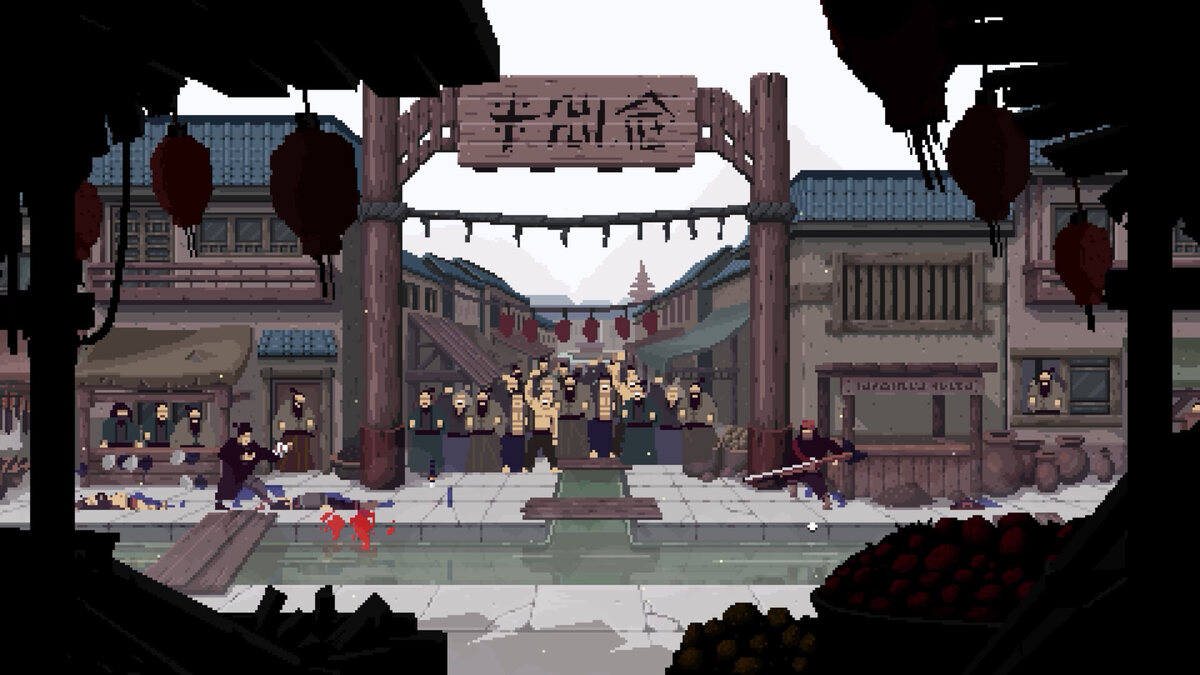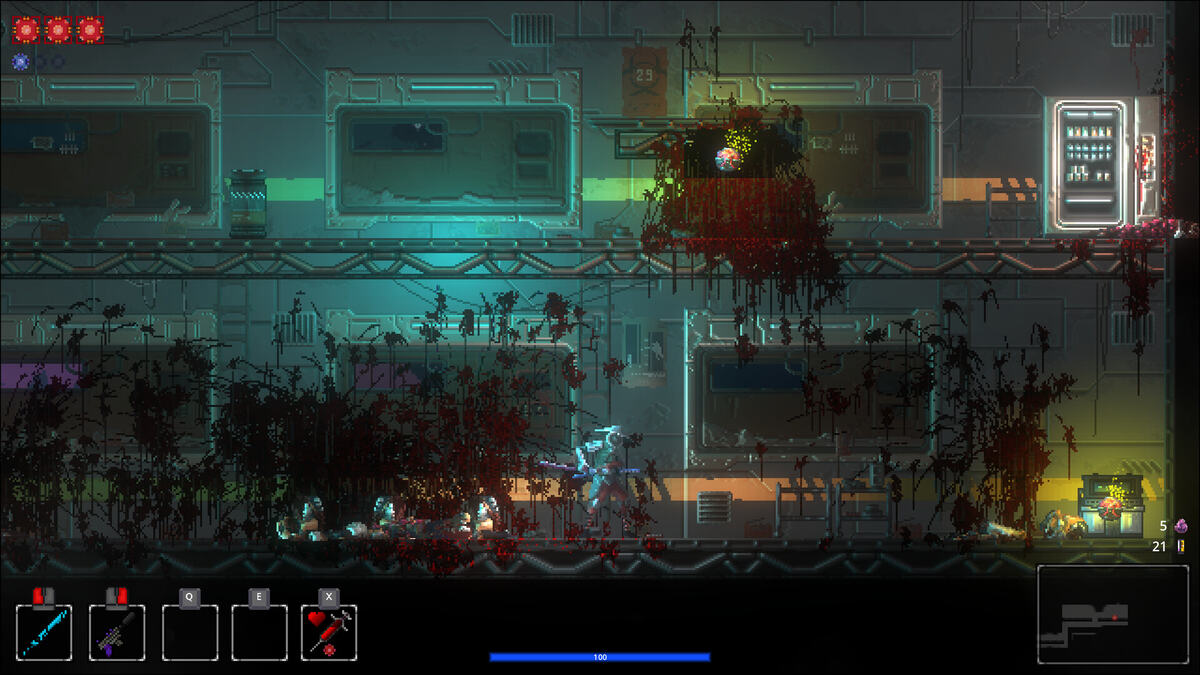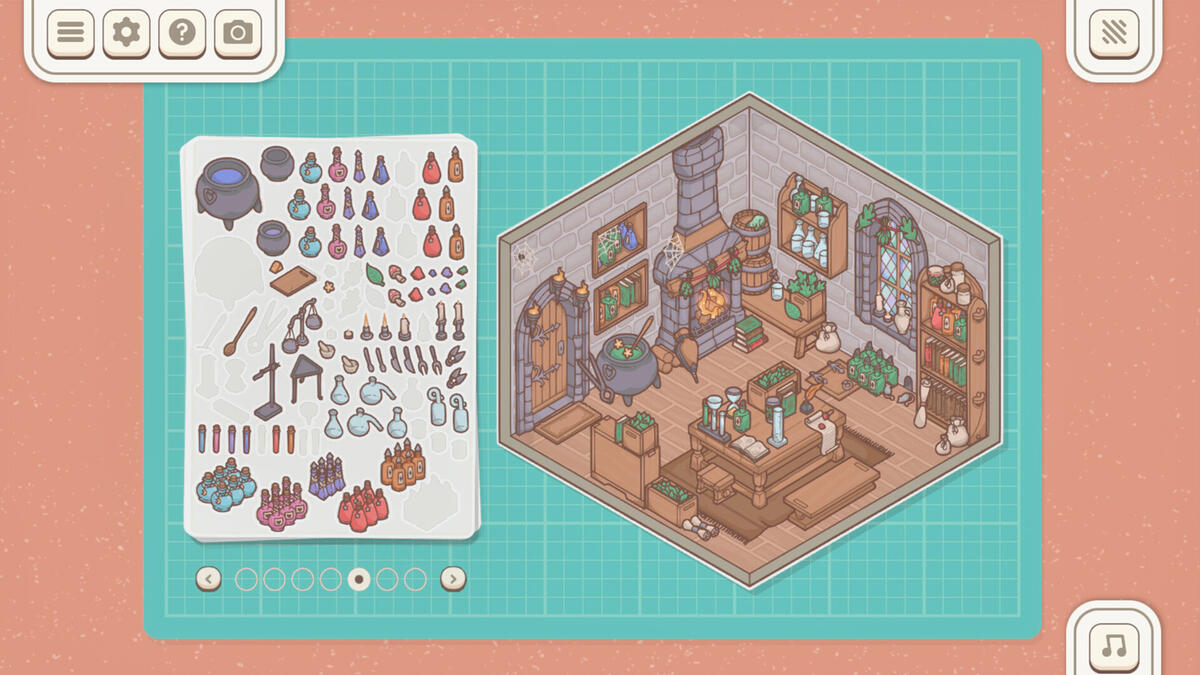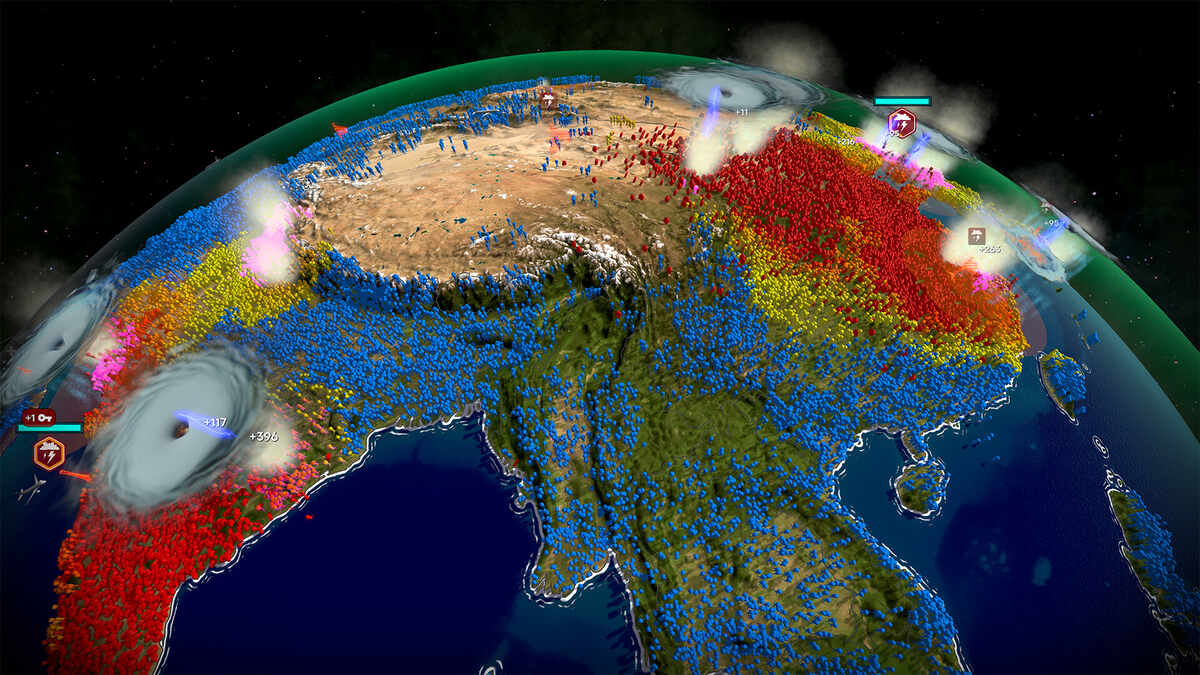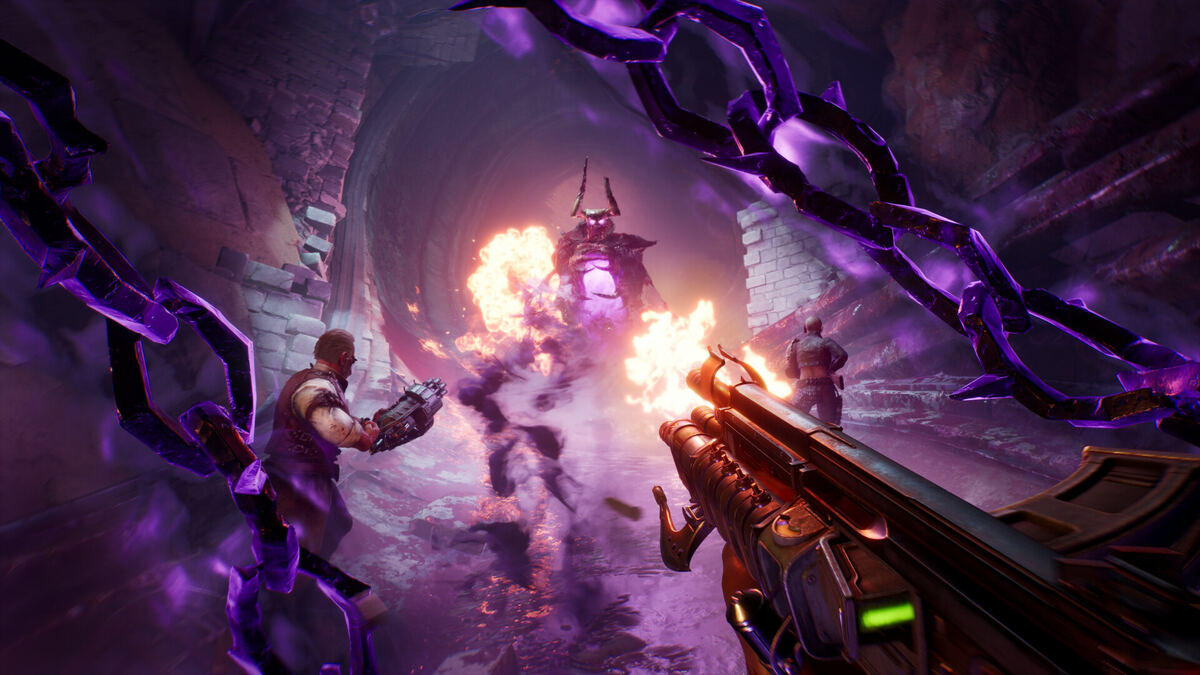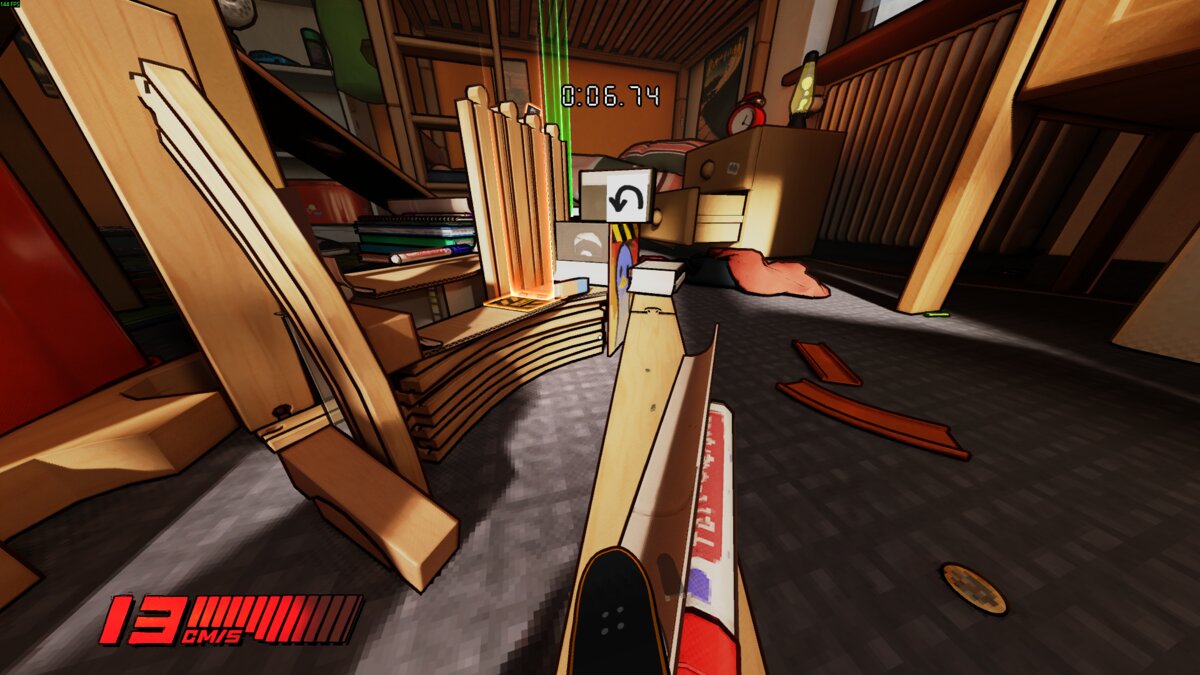You can trust VideoGamer. Our team of gaming experts spend hours testing and reviewing the latest games, to ensure you're reading the most comprehensive guide possible. Rest assured, all imagery and advice is unique and original. Check out how we test and review games here
Listen, nobody needs me to tell them how great The Witcher 3 is. At this point, you’re either on side or you aren’t (in which case, my condolences). Blood and Wine, the second ‘big’ expansion and the final chapter of Geralt’s story, looks to be a fantastic swansong.
Geralt has seen kings fall and cities destroyed, had a hand in the crumbling of empires, and even fought off a supernatural invasion. He has defended the realm against gods themselves, so it’s only right that he gets a rest. Blood and Wine lowers the stakes considerably, sending the titular Witcher to a land unravaged by war, where chivalry and aristocratic whimsy rule in place of the tyrants and criminals we’re used to.
This vast new land, Toussaint, is brightly coloured and tinged with naive cheer. It immediately feels different to the main game’s regions, and there isn’t an occupying army in sight. It’s the sort of place where, rather than being par for the course, a brutal murder or two is enough of an uproar to send the ruling class into meltdown. This, of course, happens. Enter our hero.
Geralt’s investigative skills make him the perfect man to catch a serial killer in a place where most violence is confined to tournaments and the theatre. Summoned to help a princess, and given a vineyard for his trouble, Blood and Wine isn’t subtle about its central theme – retirement.
For the first time, players will be able to enjoy a permanent, upgradable home, much like the houses you can buy in the Elder Scrolls games. It’s a nice touch and it seems like a location that’s integral to the (estimated 30 hour or so) experience, rather than being a set to display your old and useless gear in. Considering it’s entirely new territory for a nomad like Geralt, one wonders quite how prepared players will be to get invested in it, but then you all probably max out the homestead in every Assassin’s Creed game, don’t you? So do I. We’re all scum.
Blood and Wine adds new monsters and mechanics to the mix too, with a number of signature fights occurring very early on in the main story, showing off enemies we’ve never seen before. These foes require new tactics to defeat them: for example, there’s a blind monster encounter that relies on creative use of bombs to distract, rather than damage. Beyond the normal process of checking the glossary for which oils, potions and spells are most effective against whatever type of fiend you’re facing, Blood and Wine seems keen to make you think on your feet too.
A new system of enhancement allows players to augment Geralt’s abilities further than the base game allows. Combining special mutagens in a new kind of skill tree offers a number of new configurations, with a mix & match element which encourages experimentation with your character build. It’s a welcome thing, not that Witcher 3’s levelling system left much to be desired, but many players will be entering the new DLC with a maxed out character, or at least one that’s high-level enough to be touching the ceiling.
Make no mistake – this is more Witcher 3. The differences are mostly contextual and visual. Geralt isn’t facing anything quite as world-ending as the wild hunt, and the result is a more introspective adventure. Rather like Uncharted 4, which went for pathos over (just) globe-trotting adventure, Blood and Wine trades a little Ancient Evil Arises for more glimpses of old man Geralt, what he thinks, how he feels. Specifically, how utterly ridiculous he finds the people of Toussaint, with their vineyards and their stupid city that hasn’t even so much as been covered in shit yet, let alone been occupied by a hostile empire.
Putting him amongst people for whom warfare carries little more weight than a parlour game is a clever move. Geralt becomes a true avatar for the audience, dealing incredulously with a ruling class grown fat on plenty and complacent on safety. It’s laced with allegory, and while it’s never quite blatant enough to call out first-world decadence, the right nods are there.
An early mission sees Geralt infiltrating a games tournament, essentially ruining the celebrations as part of his wider investigation. It nicely demonstrates the newfound sense of fun that this expansion brings to the fold, as your actions invite insults from mortified aristocrats, aghast at the very cut of your gib. Later, you may choose to help a young knight, full of Disney-fied ideas of bravery and courtship, to woo a Nice Lady what he fancies. It’s worth doing for the quizzical looks coming from Geralt as the knight explains his convoluted plan (involving theft, among other things) to get the lassie on-side. It’s like 90s Hugh Grant seeking dating advice from 2016 Sean Bean, while he’s smoking a tab and fresh from a barfight.
Blood and Wine has everything that made The Witcher 3 great, and builds on it with humour, humility, and heart. A literal change of scenery and a welcome tonal shift. After years of trudging through filth, what better retirement could there be for the hardest working hero in RPGs? Time will tell if it delivers the kind of epic conclusion that fans may be clamouring for, but I’d be quite happy if it ends with Geralt putting on a pair of slippers and settling down for a nice mug of Ovaltine. He’s earned it.
The Witcher 3: Blood and Wine
- Platform(s): PC, PlayStation 4, Xbox One
- Genre(s): Fantasy, RPG

/https://oimg.videogamer.com/images/edd6/the_witcher_3_blood_and_wine_3.jpg)
/https://oimg.videogamer.com/images/b090/the_witcher_3_blood_and_wine_7.jpg)
/https://oimg.videogamer.com/images/dd84/the_witcher_3_blood_and_wine_6.jpg)

